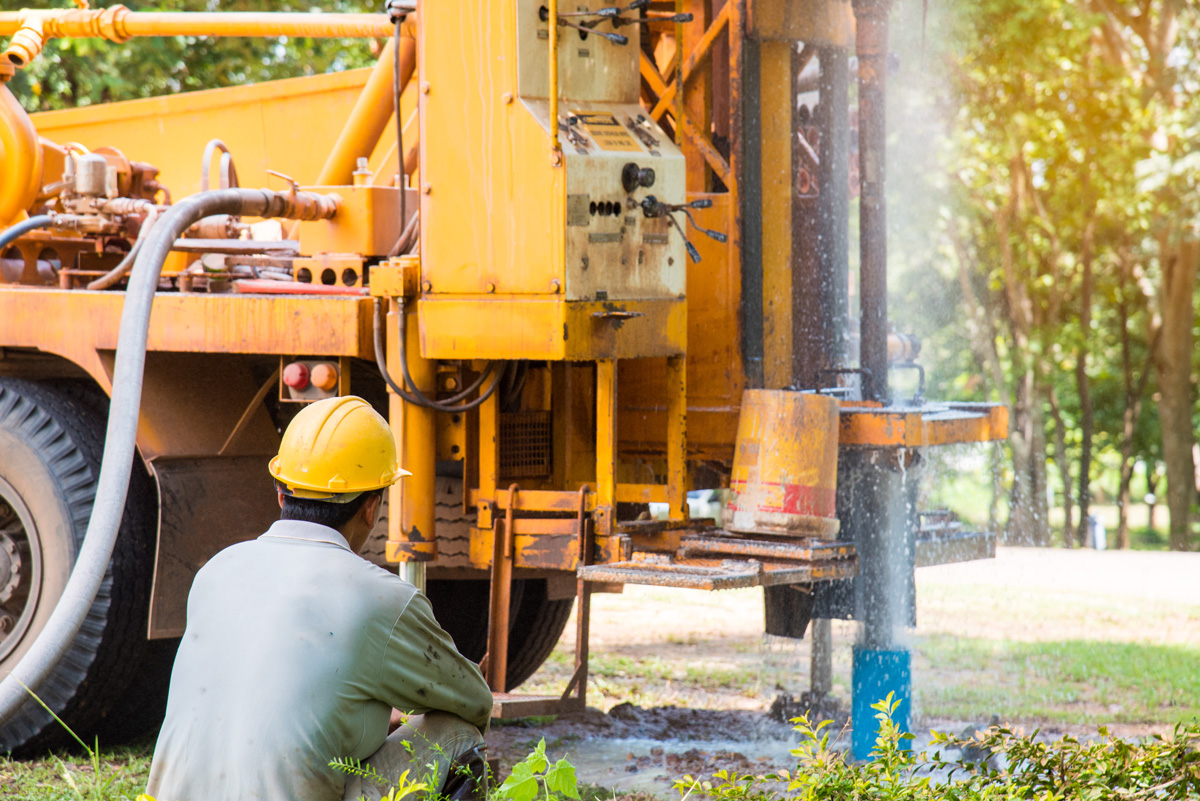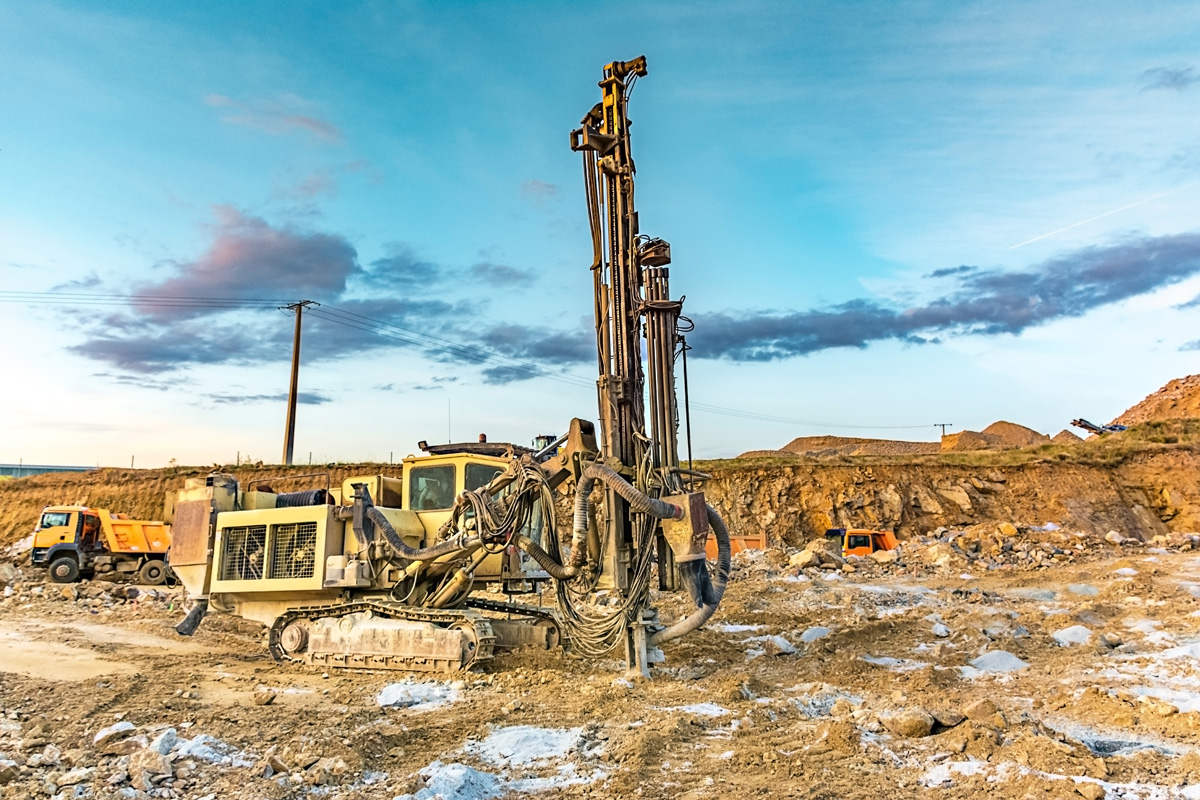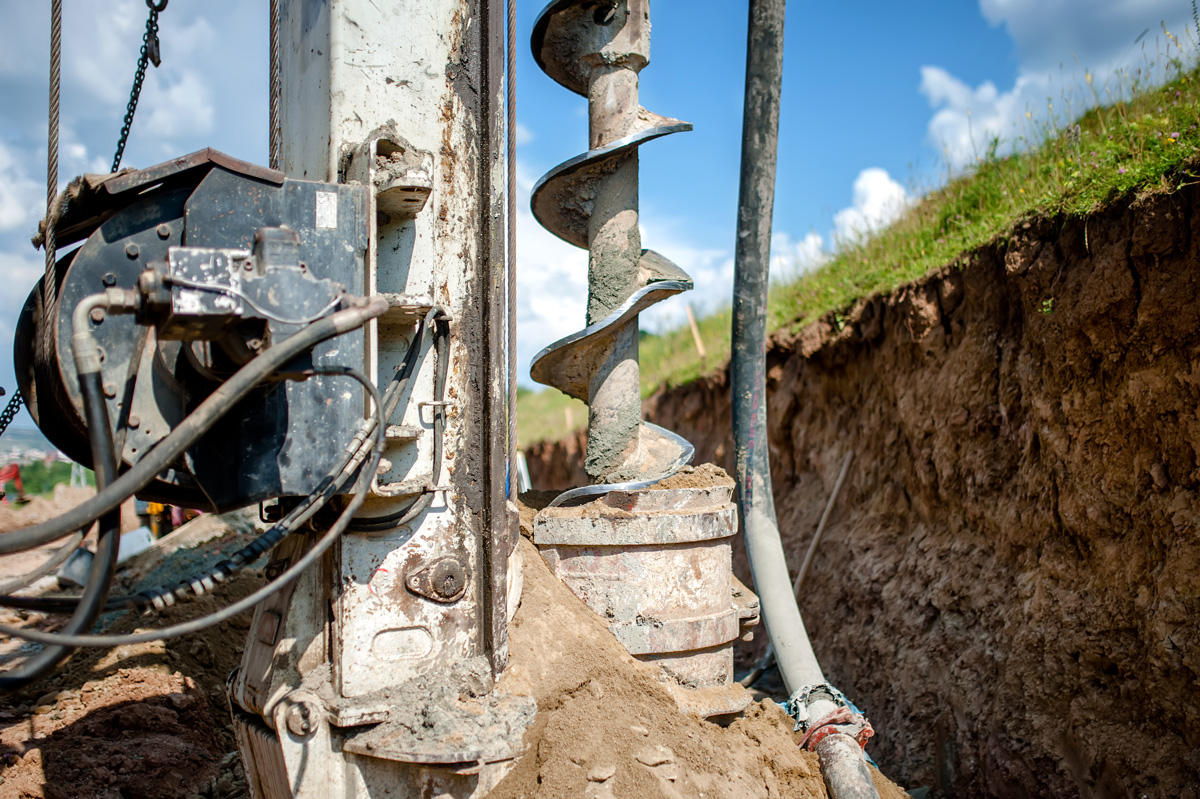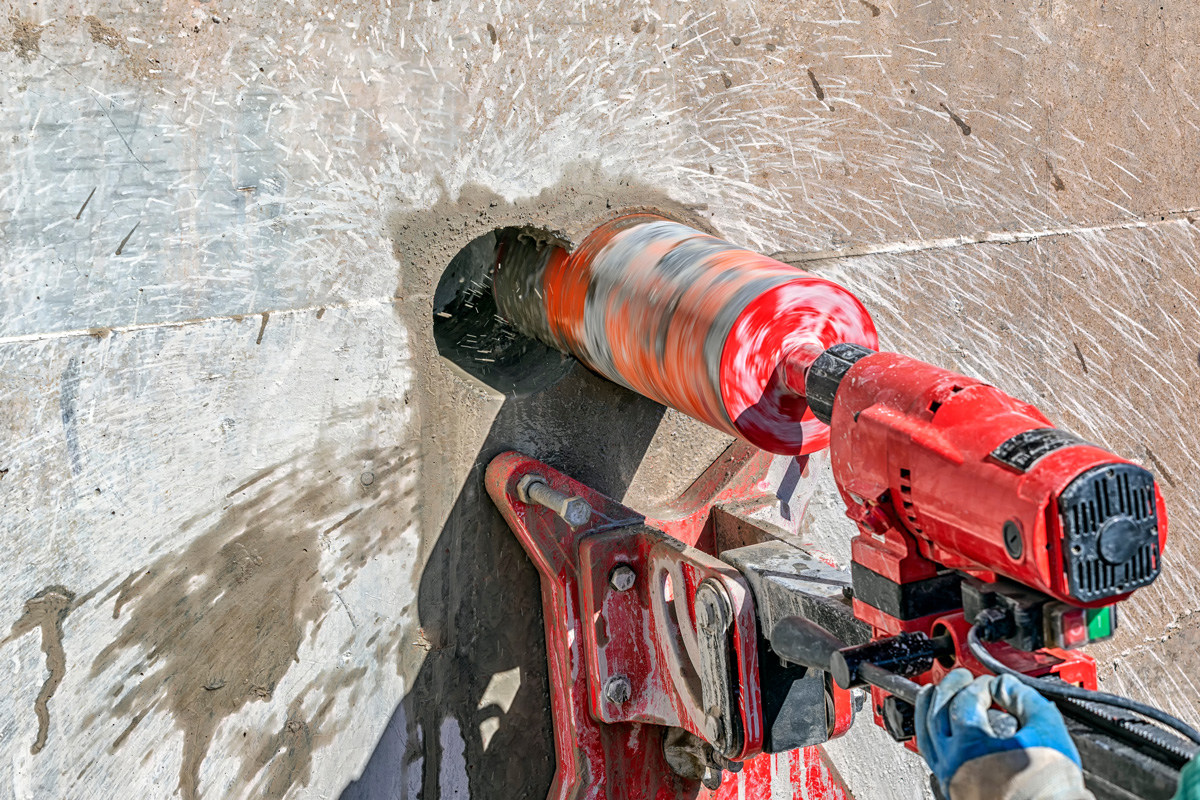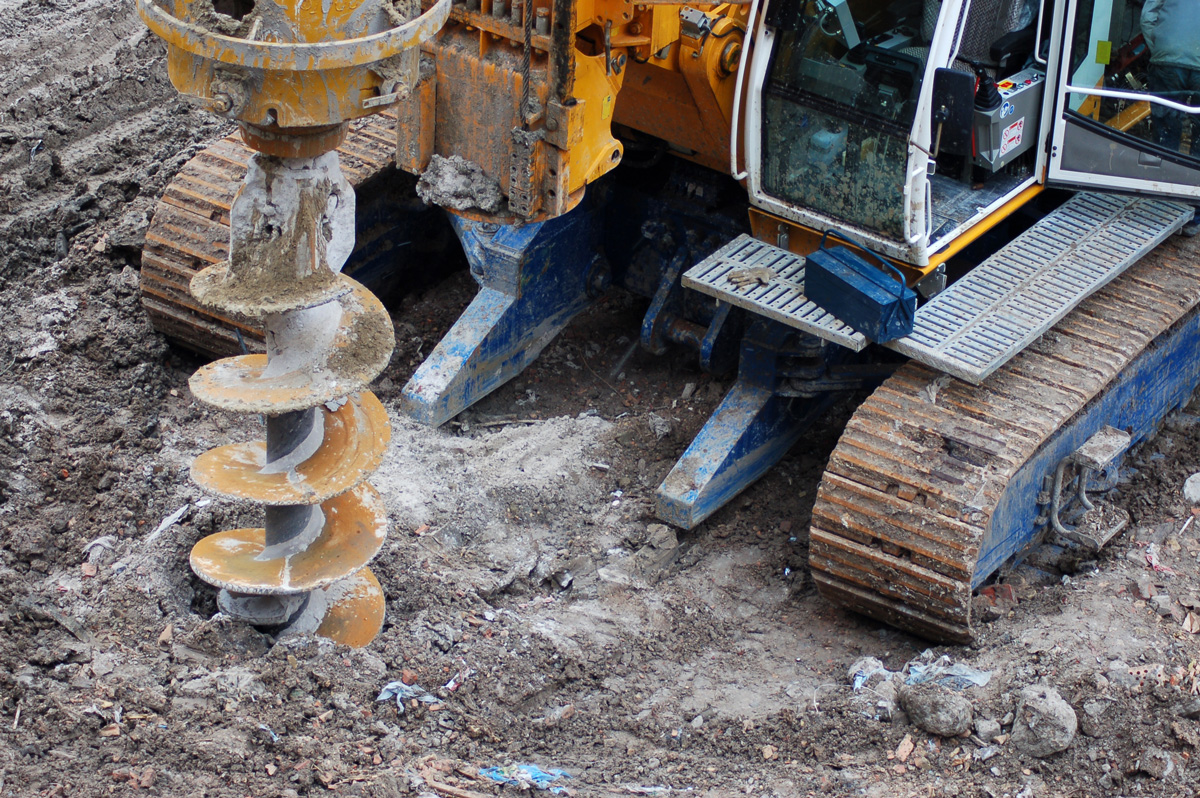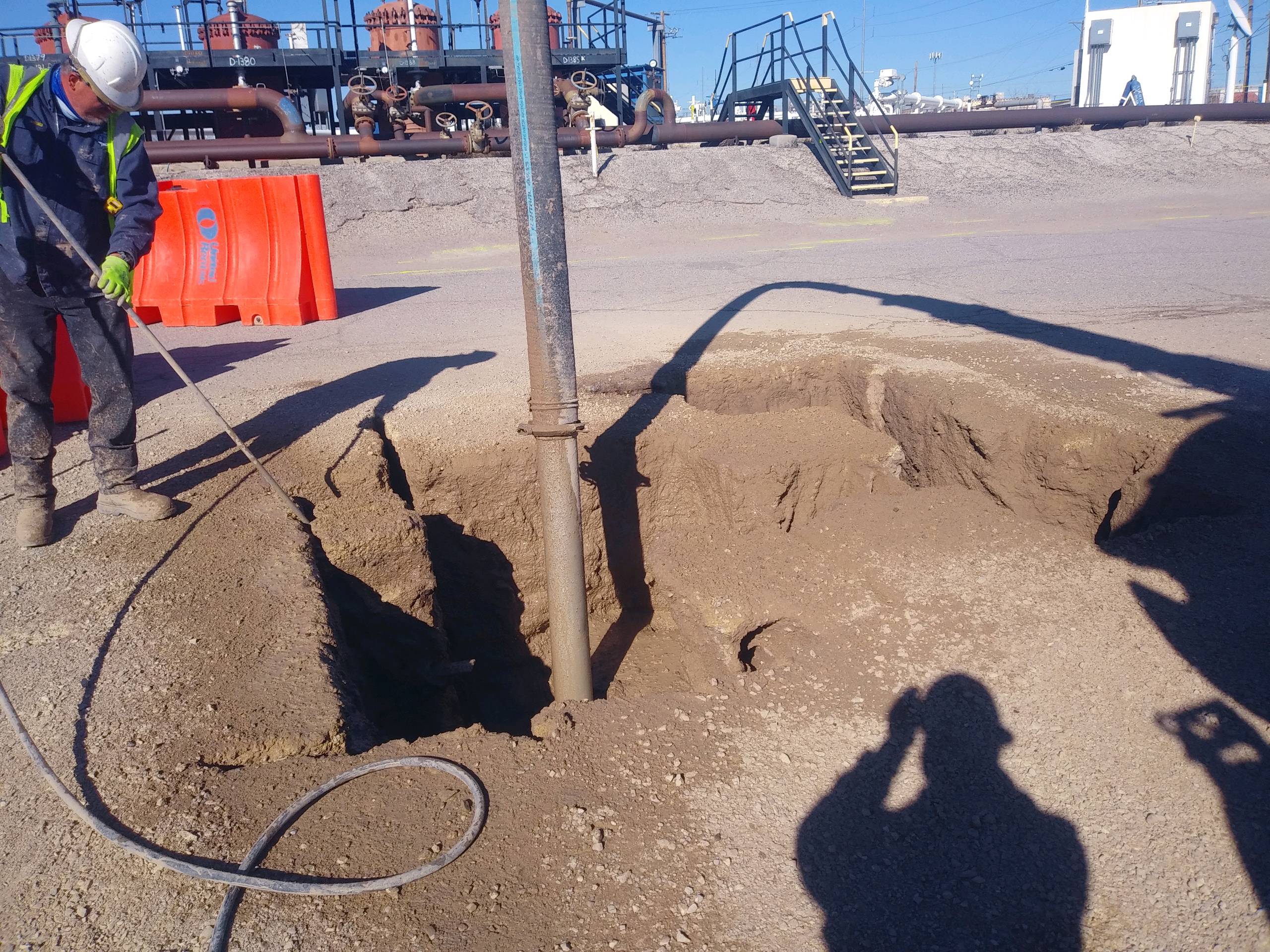Safety Measures in Low-Clearance Drilling Operations
Drilling for wells, water lines, utilities, and oil is hard enough in El Paso, even when conditions are ideal. However, when you throw low clearance and limited access into the mix, drilling is so much harder. Therefore, in addition to all the normal safety measures involved with drilling in El Paso, there are extra safety issues to consider with low-clearance drilling.
Luckily, El Paso Drilling offers quality, low-clearance drilling services. Contact us online or call (915) 479-7060 to learn more.
What is Considered Low-Clearance Drilling?
As the name implies, low-clearance drilling in El Paso is industrial drilling with low overhead space. Low-clearance drilling is typically when your drilling is impeded by a ceiling or low overhang, such as a cliff or rock face.
Low-clearance drilling can take place inside structures or in the great outdoors. It can be hazardous because industrial drilling equipment is often 20+ feet tall, but low-clearance drilling allows for access of 25 feet or less. In some instances, you may only have 10 to 15 feet of clearance to work with. This severely complicates matters because you need special drilling equipment to make drilling a possibility.
Safety Considerations For Low-Clearance Drilling
Now that you have a better idea of what low-clearance drilling is let’s look at why it can be hazardous.
Ventilation Concerns
One of the first things to worry about with low-clearance drilling is whether or not there’s adequate ventilation. If you’re drilling outdoors and have low clearance due to a bridge, cliff, or another type of overhang, ventilation isn’t an issue as long as there’s airflow from the sides. However, ventilation is a huge concern for low-clearance indoor drilling. It’s essential to have fans or a ventilation system in place to protect the lungs of your workers.
Limited Manpower
Limited space and clearance often means smaller drilling equipment, which translates to less manpower. As a result, you may have two or three people doing a job that would normally require four or five people. It’s important to adjust accordingly and change your approach when you have limited manpower due to limited clearance.
Limited Maneuverability
In addition to not being able to fit as many people into a low-clearance area, you will also have less room to maneuver your equipment. Therefore, it’s essential to take things slow and not rush, as this can lead to jam-ups and accidents.
Overheating
Another aspect of not having as much airflow in low-clearance spaces is that heat is more likely to build up. In addition to potentially damaging your equipment, intense heat can also be dangerous to your workers. It may be necessary to have a cooling system in place before you start drilling.
Exposure to Dust
If you have less ventilation, you’re more at risk for dust inhalation. It’s essential to wear ventilators or breathing equipment to compensate.
Noise Protection
Finally, low clearance usually means a louder drilling experience, so ear protection is another essential.
Safe and Professional Low-Clearance Drilling in El Paso
If you want a team that can overcome the obstacles of low-clearance drilling in El Paso, El Paso Drilling is here to help. No matter how tight your space is, we have the equipment and experience to get the job done. Call (915) 479-7060 today to get started.
